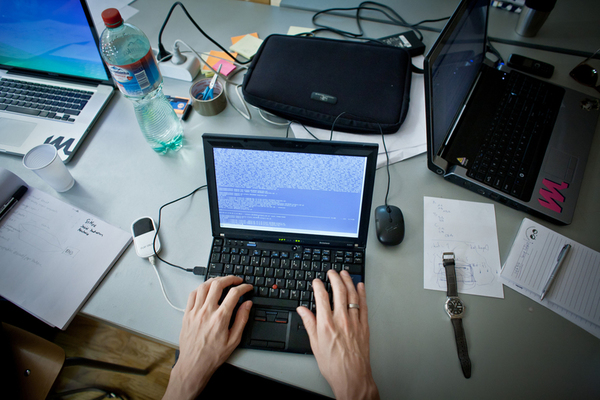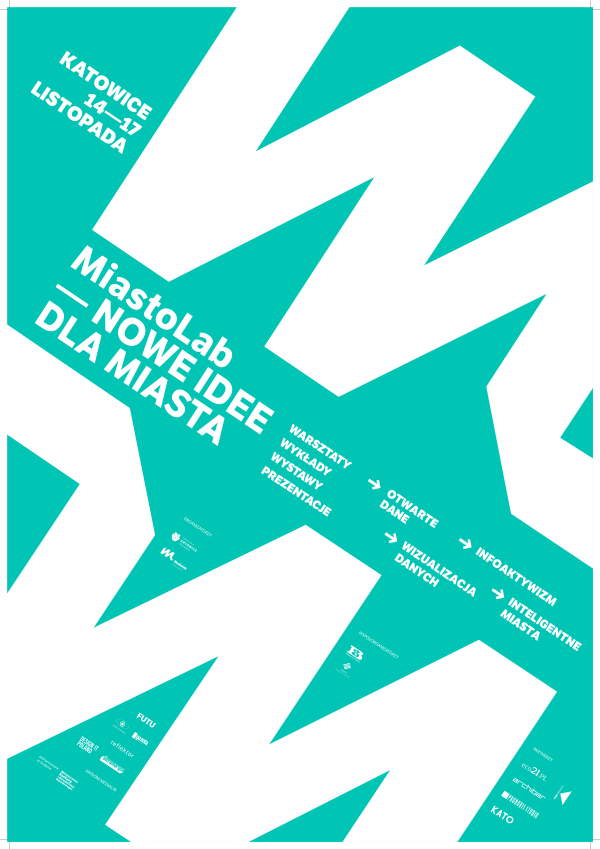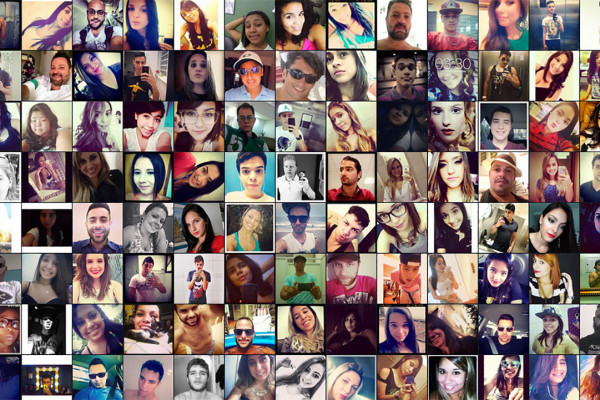Trying to research the issue of air pollution in Katowice, we will use data to show different angles of the story and produce a full-fledged piece of data journalism. Split into groups of 3 or 4, participants will tackle a specific aspect of the story, using one or two data journalism techniques. Finally, after putting all the pieces together, we hope to obtain the big picture.
Participants will learn how to conduct a datajournalism project, i.e. apply the concepts of the scientific method, while working in a team and to a prescribed deadline. They will also learn and review several tools from the datajournalist’s toolbelt.
Before the workshop, Journalism++ will gather information on air pollution in Katowice. During the workshop, in small groups of 3 or 4, the participants will explore a specific aspect of the problem in depth. They will set up a methodology (e.g. “we think that this problem exists because…”), find a way to examine the problem, gather data to gauge it, analyse the data and produce a report and visualisation of the outcomes. The moderator will help the participants organise their work and present the tools and examples from which to draw inspiration.
The workshop is for anyone who likes to play with data. Although no specific skills are needed, familiarity with spreadsheets is helpful. Participants should have a laptop with admin privileges and a modern browser.
Cover photo credits: CC BY 2.0 Kris Duda

Pierre Romera
A 26-year-old web developer, Pierre Romera is a specialist of the interactions between journalism and computer science. After having been responsible of the web applications at OWNI.fr, he co-founded Journalism++. Pierre is a professor at Sciences Po, where he teaches computer science to journalists. He is also a trainer for professional journalists. He specialized in data-journalism and computer security issues applied to journalism.
Laura Motet
Laura Motet is a data-journalist at Journalism++. She has a business background and used to work on marketing datasets.


